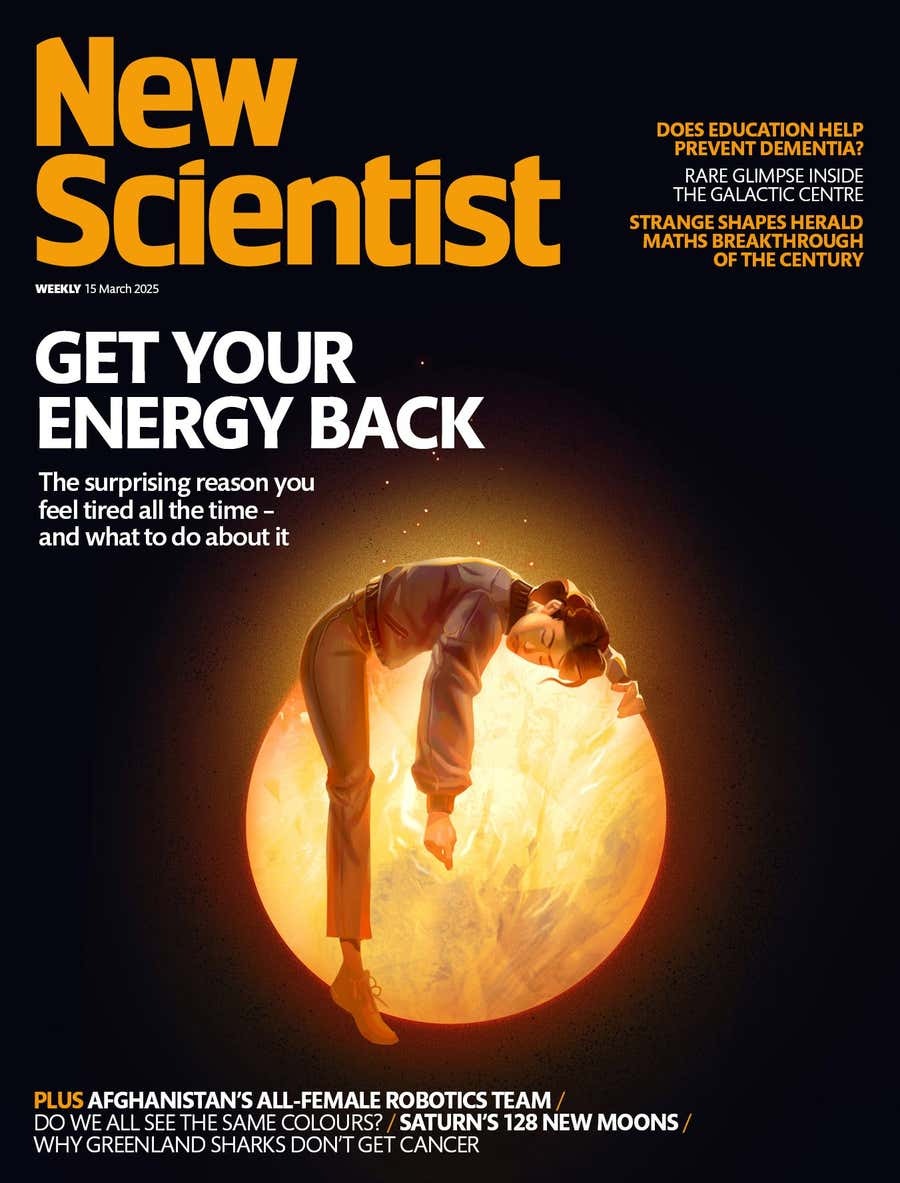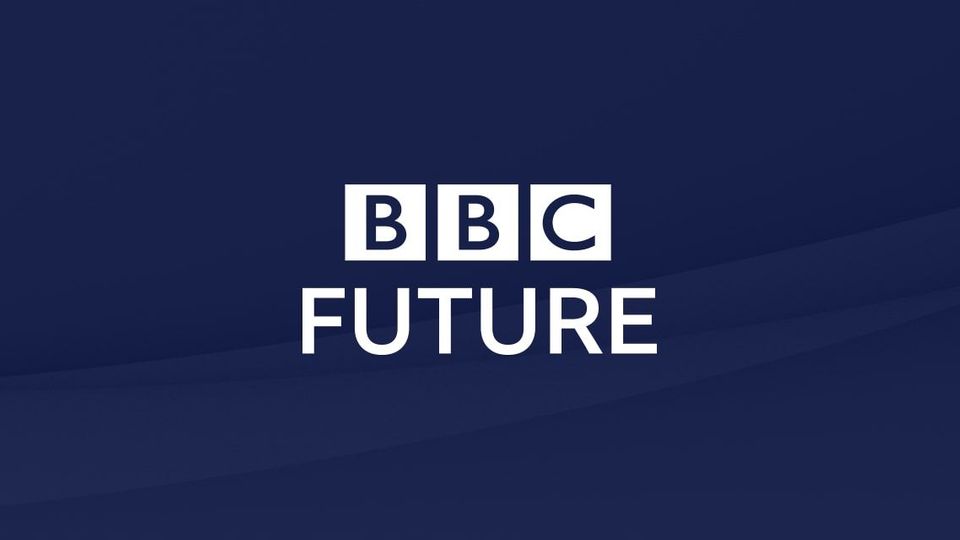
Dr. Arran J. Davis
Me
Engagement
Contact
Current Affiliations
Postdoctoral Researcher, Centre for the Study of Social Cohesion
Junior Research Fellow in Social Sciences, Wadham College
Academic Profiles
Social Media
About Me
I grew up in Winona, Minnesota, and went on to study Global Studies and Spanish as an undergraduate at South Dakota State University, where I was a student-athlete javelin thrower on the Track and Field team for four-years. I really found a love for learning during my studies - started reading everything on syllabus (!) - and I graduated summa cum laude. My Honor's Thesis was on the humanitarian and economic benefits of immigration liberalization in the United States, and I spent my final years working (in various capacities) with Central American (im)migrants. In addition to the student part of "student-athlete", I was also a Division I track and field athlete. Training 20 hours a week to throw a javelin far was truly a privilege, and it helped me realize the benefits of movement, exercise, and positive social relationships for my own health. I learned about persistence and how push myself on a daily basis, eventually earning an athletic scholarship and being elected team co-captain. I earned Summit League all-conference in the javelin throw in 2011, and in 2012 I was named an NCAA Division I Track & Field Academic All-American, becoming just the second male South Dakota State Track & Field athlete to win this award.
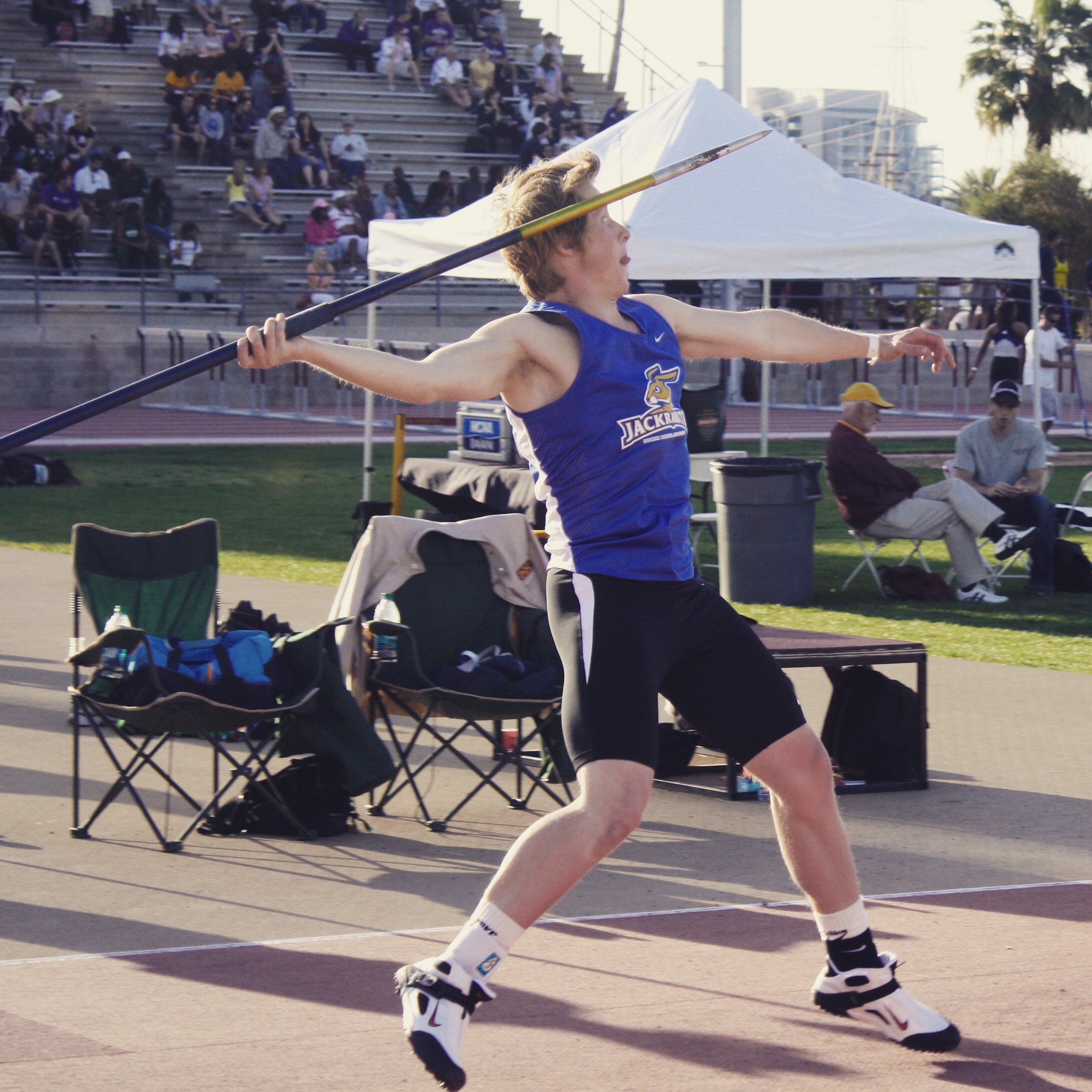
Me throwing a javelin a personal best 57.91 m for South Dakota State University at the 2011 Arizona State Invitational (nothing like throwing a stick relatively far to get me HYPED!). This javelin throw still (!) ranks fourth all time at South Dakota State University.
My time as a student-athlete focused my interests in movement, social connection, and health, leading me to the University of Oxford for an MSc in Cognitive and Evolutionary Anthropology. Oxford is certainly a weird place and it was a pretty big change for me having grown up with working class parents and friends, but I slowly found my way thanks to the help of people who appreciated me for who I was. I graduated my MSc with distinction and won the Dr. Nicola Knight Dissertation Prize in Quantitative Methods (through many embarrassingly late evenings, I found a love for coding and statistics). I was awarded a Clarendon Scholarship to stay at Oxford to study for a D.Phil. (Oxford-speak for a Ph.D.). My D.Phil. in Anthropology focused on the health benefits of sociality and movement, and I completed my studies in 2019. Throughout my time in Oxford, I continued competing in the javelin throw as a student athlete, finishing 7th at the British university championships and being awarded a Full Blue for my performances (the highest honor granted to individual sportspeople at the University of Oxford). Spending time in Oxford during my studies was truly a privilege; my friends and colleagues opened my eyes to many new perspective and ideas, and for that I am forever grateful. Doing a Ph.D. in anthropology makes you realize that the world is a complicated, uncertain place that we are still figuring out, and that it’s through learning with and from all types of people that we can start to make sense of it all. I try to keep this perspective in both my professional and personal life.
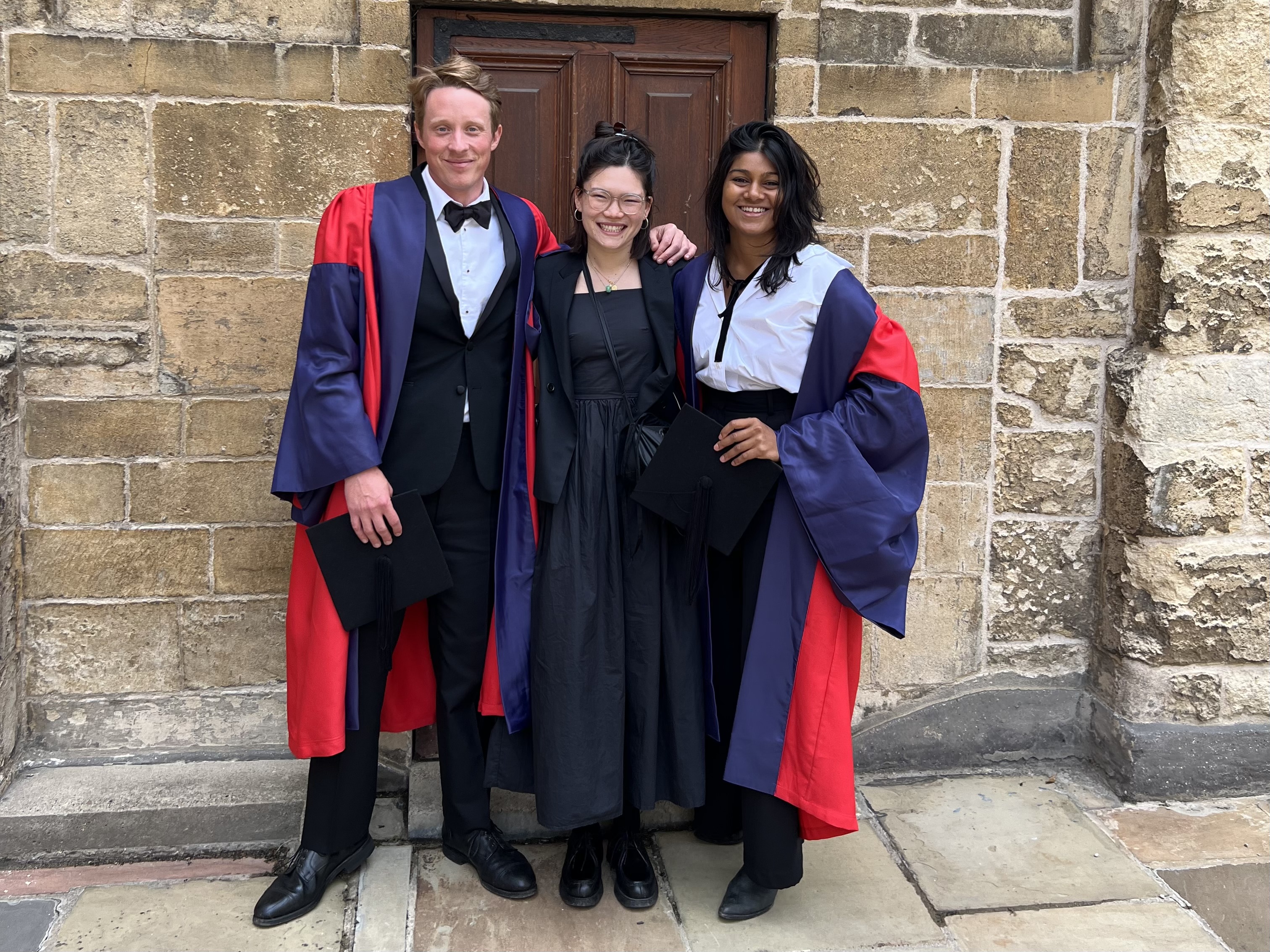
The best thing about studying in Oxford was the people I met and learned with and from - here I am at my D.Phil. graduation with two of my favo(u)rites!
Research
I am interested in the connections between social interaction, physical activity, and public health. Broadly, my research uses evolutionary theory to explore these connections and to better understand the human experience. I employ methods from the psychological, computer, and social network sciences to examine how social relationships affect human behaviour, health, and well-being.
Social relationships, exercise, and health
Our research findings in this area highlight the benefits of exercising with teammates and friends, which we've shown can (1) reduce perceptions of fatigue and enhance performance, and (2) help us build the positive social relationships we need to live happy and healthy lives. Here is a video where I present the main findings of our research over the past decade, produced in collaboration with BBC Ideas and the University of Oxford.
Why does exercising with friends benefit our workouts?
Our evolutionary perspective views humans as a highly social species – we rely on other people for the material and cultural resources we need to both survive and thrive. And this would have been especially true for our ancestors. So, we expect that humans evolved to (tacitly) associate supportive social environments with relative resource abundance.
And this has important consequences for how our bodies manage their resources. During exercise, fatigue functions to keep us safe by making us stop before we get hurt or become dangerously exhausted. Interestingly, research suggests that fatigue is ultimately determined not by our muscles but by how we feel; our mind forces us to stop even when our muscles have something left to give. But this cautious system becomes a bit less careful when our social environments signal to us that we are safe and have the care and resources needed to recover (Davis et al., 2021a). So, when we are with our friends, we start feeling fatigued a bit later, and this can both improve our workouts and make them more enjoyable (Davis et al., 2021b).
How can moving together make us feel closer and more connected?
There are probably two related but distinct routes through which this happens. At the neurobiological level, we release endorphins and endocannabinoids during exercise; these chemical messengers make us feel happy and content, and they are responsible for the 'runner's high'. Research has shown that sharing these feelings with others can help us feel closer and more connected. But on top of this, moving together, say in a team sport or dance, also involves collaboration, coordination, and cooperation. Doing these collaborative activities can lead us to trust each other more and to view each other as cooperative partners (Davis et al., 2015). In short, they help us build friendships. I'd argue that group exercise is special because it provides us with both neurobiological and cognitive paths to social bonding.
Socioeconomic status, social connection, and health
Recently, I have been working with Emma Cohen and Daniel Nettle to examine how socioeconomic status affects our social connections, and the implications this has for health and wellbeing.
In a study published in the journal Public Health, we used 24,504 responses to the European Social Survey 7 to examine associations between respondents' (within-country) income decile, reported loneliness, and their scores on a defensive symptom cluster characterised by pain, fatigue, and low mood.
The first thing we found was that people in lower income deciles were much more likely to feel lonely (49% in the lowest income decile versus just 15% in the highest income decile), despite no differences in reported time spent socialising with others (see figure below). A line of future research will be to understand the strain that poverty can place on our social relationships, and how this relates to feelings of loneliness.
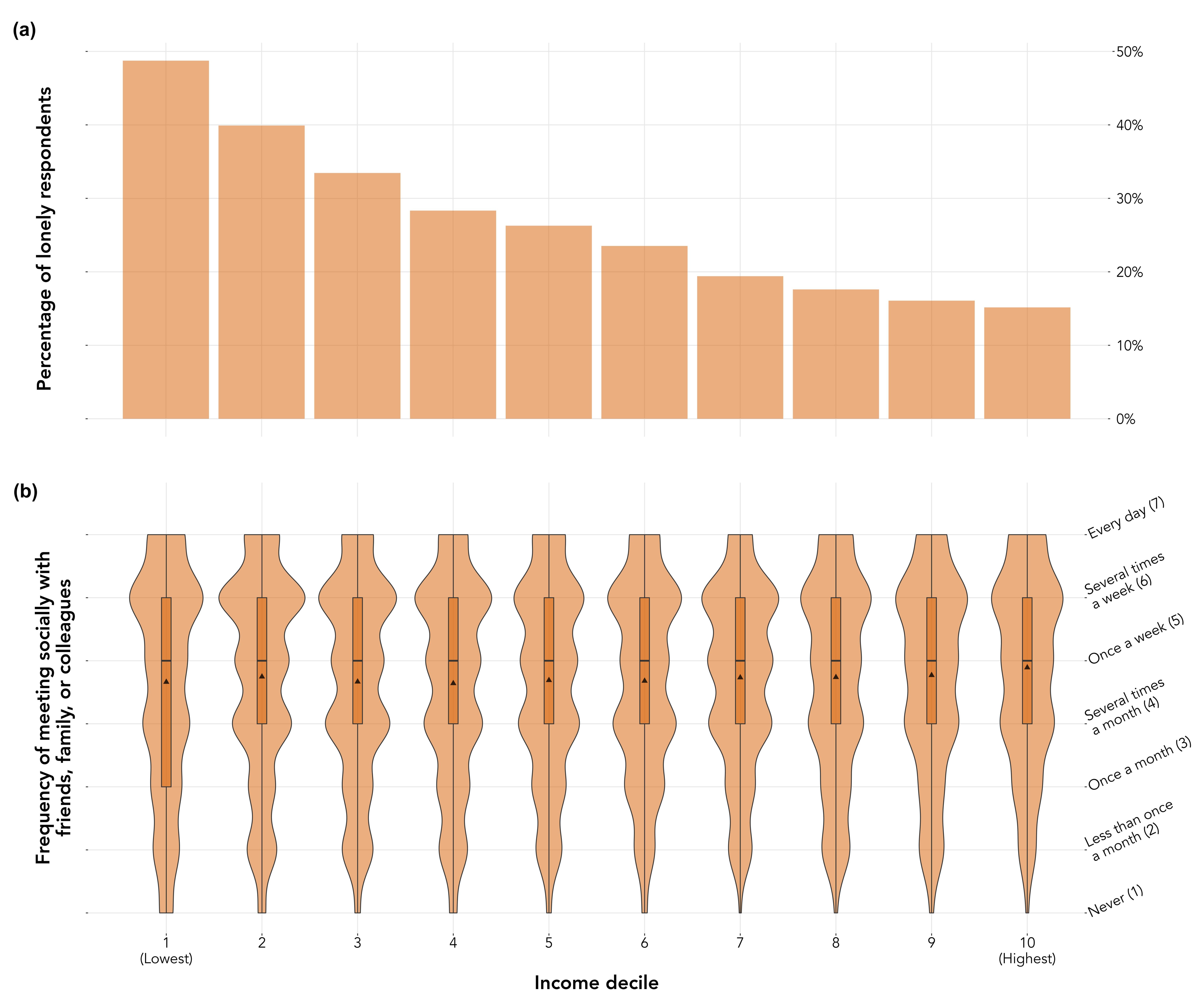
(a) Percentage of lonely respondents in each income decile. (b) Reported frequency of socialising by income decile.
We also found strong associations between income, loneliness, and the symptom cluster. As can be seen in the plot below, lonely people were not only more likely to have lower incomes, they also had much higher scores on the symptom cluster. We also observed that as income decile decreased, scores on the symptom cluster increased. Finally, we showed that the association between loneliness and the symptom cluster was strongest amongst those in lower income deciles, suggesting that social relationships may be especially strong buffers of the symptom cluster for individuals experiencing poverty.
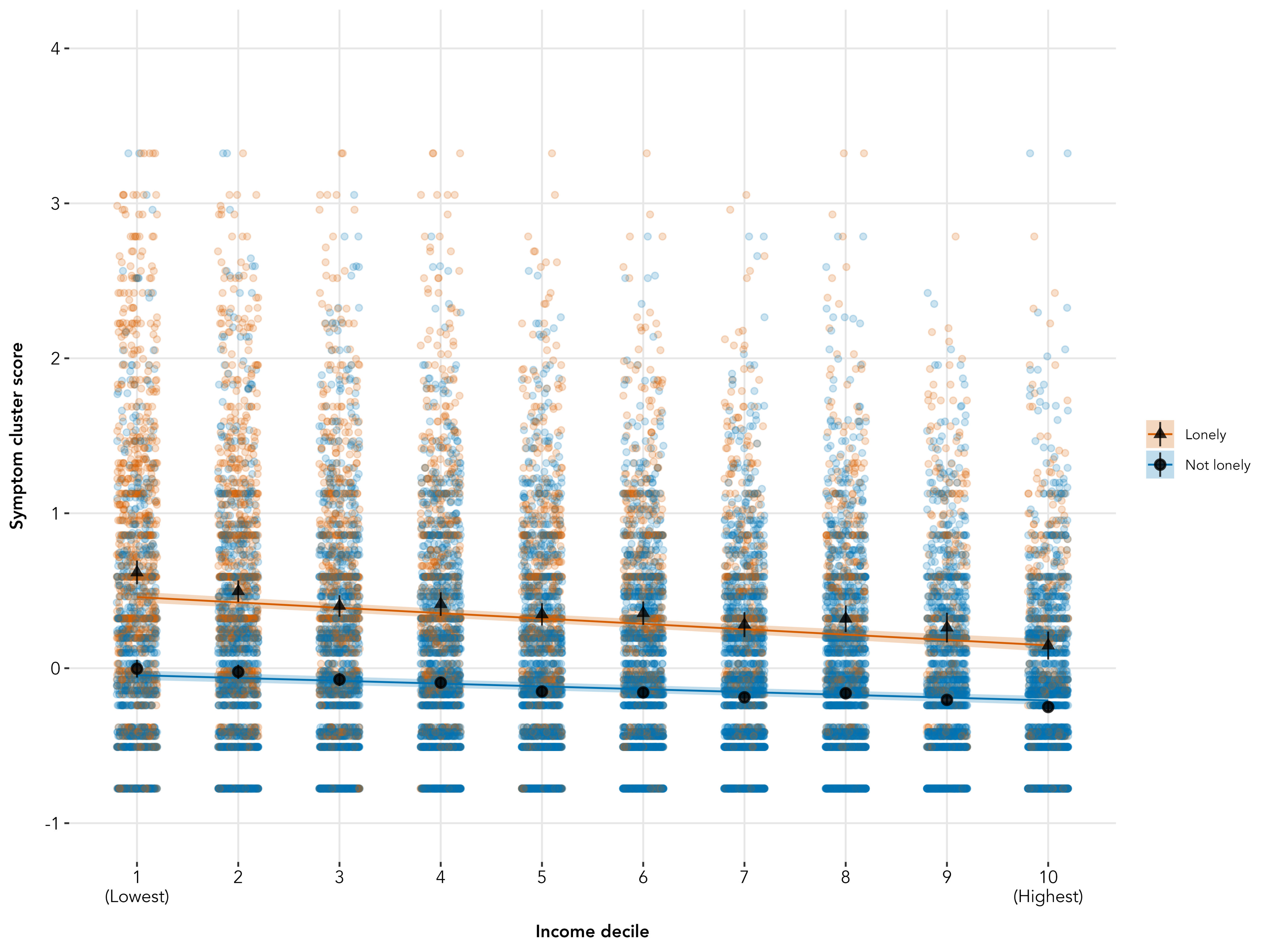
Scatter plot of symptom cluster scores by loneliness and income decile.
As we write in Public Health, "These findings should generate new lines of research into the interrelated socio-economic, psychological, and physiological processes underpinning the symptom cluster, and their role in explaining well-known links between sociality and health" (Davis et al., 2025; p. 276).
I believe that social scientists such as myself have a responsibility to share their findings with as broad a public as possible (especially when our research is funded by money earmarked for the public good!). I try hard to share our work in ways that are informative, interesting, and accessible. Please don't hesitate to get in touch if you want to collaborate on something!
Our research in the media
Our research on social connection, exercise, and health has been featured in various media outlets. Below are some of the highlights.
Widening participation in education
Oxford Young Sport Leaders Programme
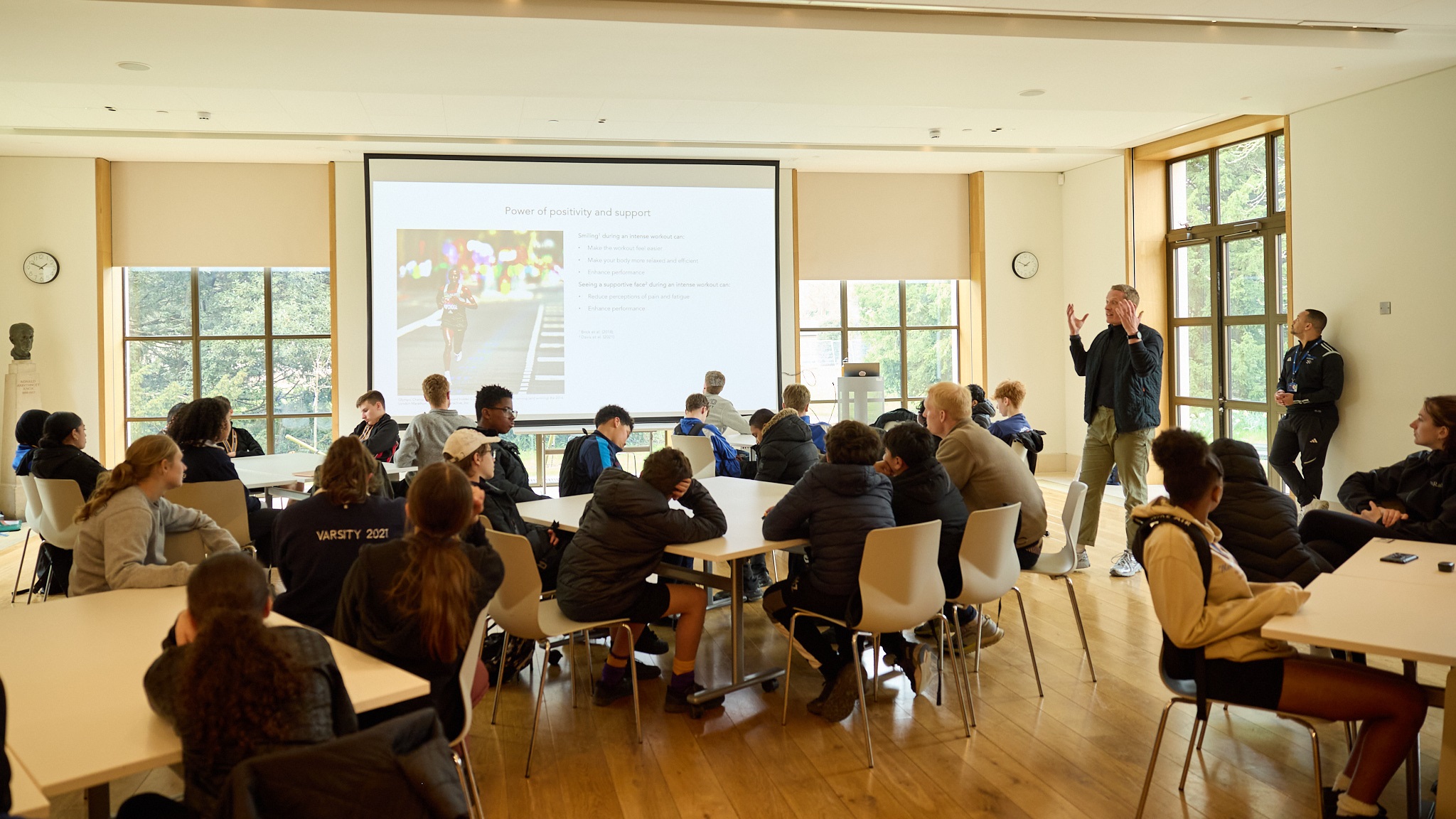
I try to make universities places where all people feel welcome to come to learn and contribute to the exchange of ideas. My goal is to widen access to higher education, as this is an area within our society where unfair inequalities are stark. One of my favorite projects has been working with my friend Ollie Cook and the Oxford SDG Impact Lab on the Oxford Young Sport Leaders Programme, which works with children from local Oxford schools, bringing them in to do academic and athletic taster sessions with University of Oxford academics and athletes over the course of six weeks. As both an academic and former athlete for the University, I was happy to take part, giving classes on the power of positivity in sport and showing the kids how to throw a javelin down at the track. Our goal is to give participants an experience that helps them feel curious about academic subjects, confident in their minds and bodies, and comfortable and welcomed within the University. Our work has been shortlisted for the Vice-Chancellor's Local Community Engagement Award (2025).
Wadham College Climate Change Summer School
As part of an ongoing outreach initiative at Wadham College, University of Oxford, I help to organize and teach on the Climate Change Summer School. At the School, students from UK state schools and sixth-form colleges live at Wadham for a week, taking an interdisciplinary set of classes on the broad topic of climate change; I teach about the effects climate change may have on social relationships and societal cohesion. The School is a great way for students to get to know the University and its teaching and learning styles, as well as some friendly student and academic faces that (hopefully) help them feel like Oxford is a place for them. One student's quote really validated how we want students to feel "After the summer school I am much more confident that I would fit in at Oxford." Indeed, students from the School have gone on to successfully apply to a number of courses, which is great to see. If you are interested in the Schools, please see this webpage!
Coverage of my time as a student-athlete

For those interested in the niche sport that is the javelin throw, below are a couple articles written by John Casper Jr. about my time competing for the track and field (or 'athletics' as they'd call it in the UK) teams at South Dakota State University and the University of Oxford.
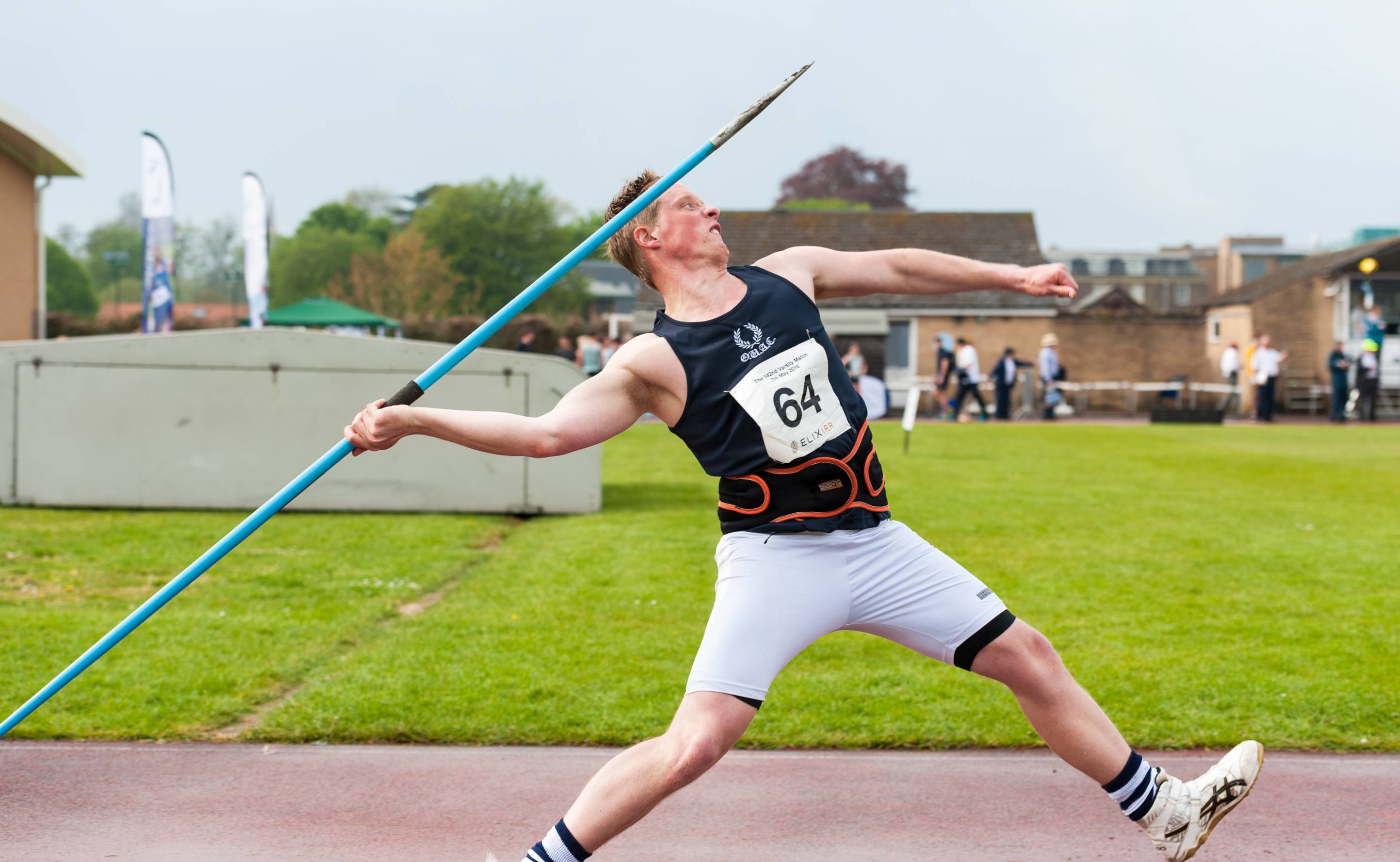
Alumni update: Cotter grad Davis wins Oxford award
A short article in my hometown newspaper about my seventh place finish in the Men's Javelin Throw at the British Universities and Colleges Outdoor Athletics Championships
Read Article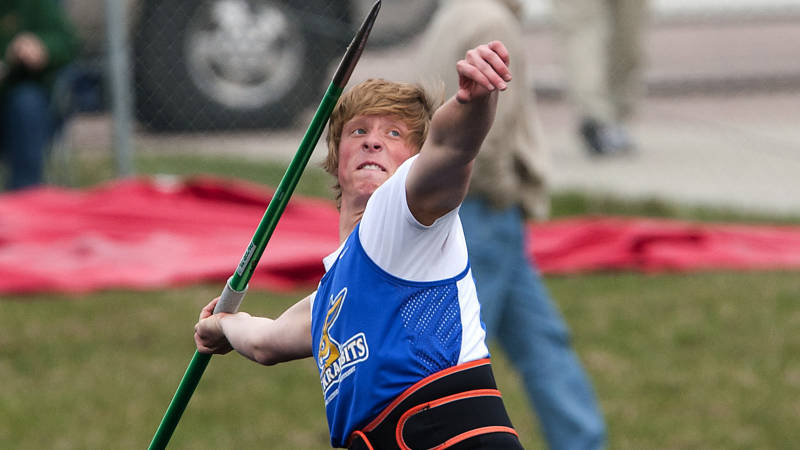
The Cotter graduate goes back to Argentina, where he learned to throw a javelin
This is an article about my career as a javelin thrower on the South Dakota State University Track & Field team; it covers how I learned to throw javelin in Argentina and eventually became Summit League all-conference and a Division I Academic All-American.
Read Article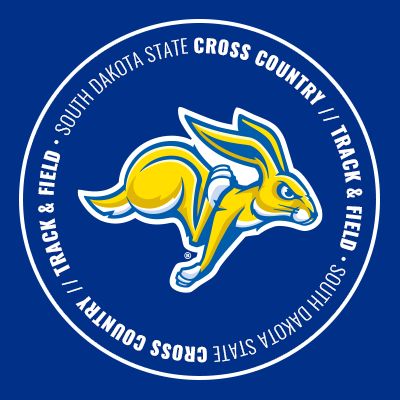
Davis named Academic All-American
This is a short article announcing that I was named to the 2012 Capital One Academic All-America Division I Men's Track & Field/Cross Country Team. It also covers some of my career as a javelin thrower on the South Dakota State University Track & Field Team. The article was published by the South Dakota State University Athletics Department.
Read ArticleProfessional Academic Roles
Postdoctoral Researcher, Centre for the Study of Social Cohesion, University of Oxford (2022-2024)
Teaching
Course Convenor – Mind & Culture Seminar for MSc in Cognitive and Evolutionary Anthropology, University of Oxford
I developed this course through building on the work of Professor Emma Cohen (the mastermind of the original Mind & Culture course!). The Mind & Culture course reviews theoretical and empirical advances in modern scientific understandings of human cognition in context; it explores and integrates evolutionary, social, developmental, and cross-cultural perspectives on how human minds work and how they shape and are shaped by sociality and culture (Spring 2023, Spring 2024).
Tutor – Quantitative Methods for BA in Human Sciences
I currently teach theory and application of essential statistical techniques (ranging from permutation testing to multivariate linear regression) in the programing language Python to undergraduate students in the Human Sciences (2016-2025).
Education
D.Phil. (Ph.D.) in Anthropology, University of Oxford (2019)
Master of Science (MSc) in Cognitive and Evolutionary Anthropology, University of Oxford (2014), with Distinction
Bachelor of Arts (B.A.) in global studies and Spanish, South Dakota State University (2012), summa cum laude with Honors College Distinction
Winona Cotter High School (2007), with Honors
Selected Awards
NCAA Division I Track & Field Academic All-American (javelin throw - 3rd team) - Capital One Academic All-America (2012)
Clarendon Scholarship for D.Phil. Studies - University of Oxford (2014)
Junior Research Fellowship in Social Sciences, Wadham College (2023-2025)
Shortlisted for the Vice-Chancellor's Local Community Engagement Award (2025), University of Oxford
Schultz-Werth Award for outstanding undergraduate research - South Dakota State University (2012)
Dr Nicola Knight Dissertation Prize in Quantitative Methods - Institute of Social and Cultural Anthropology, University of Oxford (2014)
Full Blue in the javelin throw – Oxford University Blues Varsity Athletics (2016)
Publications
For a complete list of my publications, please visit my Google Scholar profile.

